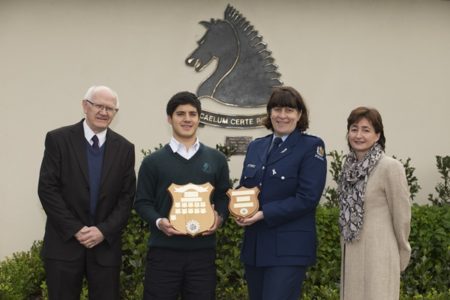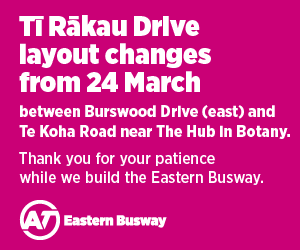It was something he always wanted to talk about but never really had the right words to say it.
Mortaza Sahar finally plucked up the courage to say it loud and clear, as he spoke straight from his heart at the Race Unity Speech Awards and Conference.
The Year 12 Pakuranga College student won the Auckland Regional Finals of the Race Unity Speech Award as he confidently stood up to racism whilst promoting harmony and unity.
“Can racial unity really become a reality?” he boldly asked.
“Being a Muslim and belonging to a part of an ethnic group Hazaras, racism and discrimination is no stranger to me,” he said.

Sharing a personal nugget of the time he visited Perth, Western Australia, he said: “To give context to the story, it was after the Sydney siege when two people were killed by a man the world called an Islamic terrorist.
“One day my family and I visited a lake in Perth. There were two men who pointed to us and said, ‘look at those terrorists over there. We should call the police”.
“At that point I felt extremely shocked and sick to my stomach, that a person who has no idea of who we are could say such a thing.
“I don’t tell the story to gain sympathy. I am telling the story because I learnt one powerful lesson, which is, people are not racist to who you are but more so, to what you represent.
“Let us acknowledge everyone as human beings first before race or religion.”
Making a point about the importance of starting meaningful conversations about race issues, he said:
“Telling people they are racists, sexist and xenophobic is going to get us nowhere. Because one of the things we know about social psychology is that when people feel threatened, they don’t listen, they don’t change.
“People want to be heard and when that happens it is a lot easier to put themselves in someone’s shoes.”
He gives credit to his English teacher Mrs Kantha Krishna for guiding him with his speech, and adds:
“The reason I like public speaking is that it gives you a platform to share your ideas and opinions and hopefully to be able to inspire people enough to spark a change.
“Also, people shouldn’t aspire to go to these events and just give speeches about racial unity and then not practice what they were preaching out in the real world. Instead, we should aim to live in a way to inspire people with our actions and not our words.”
- The Speech Awards and Conference are both organised by the New Zealand Bahá’í Community. The two events contribute to the Human Rights Commission’s Diversity Action Programme and have been strongly supported by the Human Rights Commission since their inception.
- Speeches of the finalists can be heard at: https://www.raceunity.co.nz/








